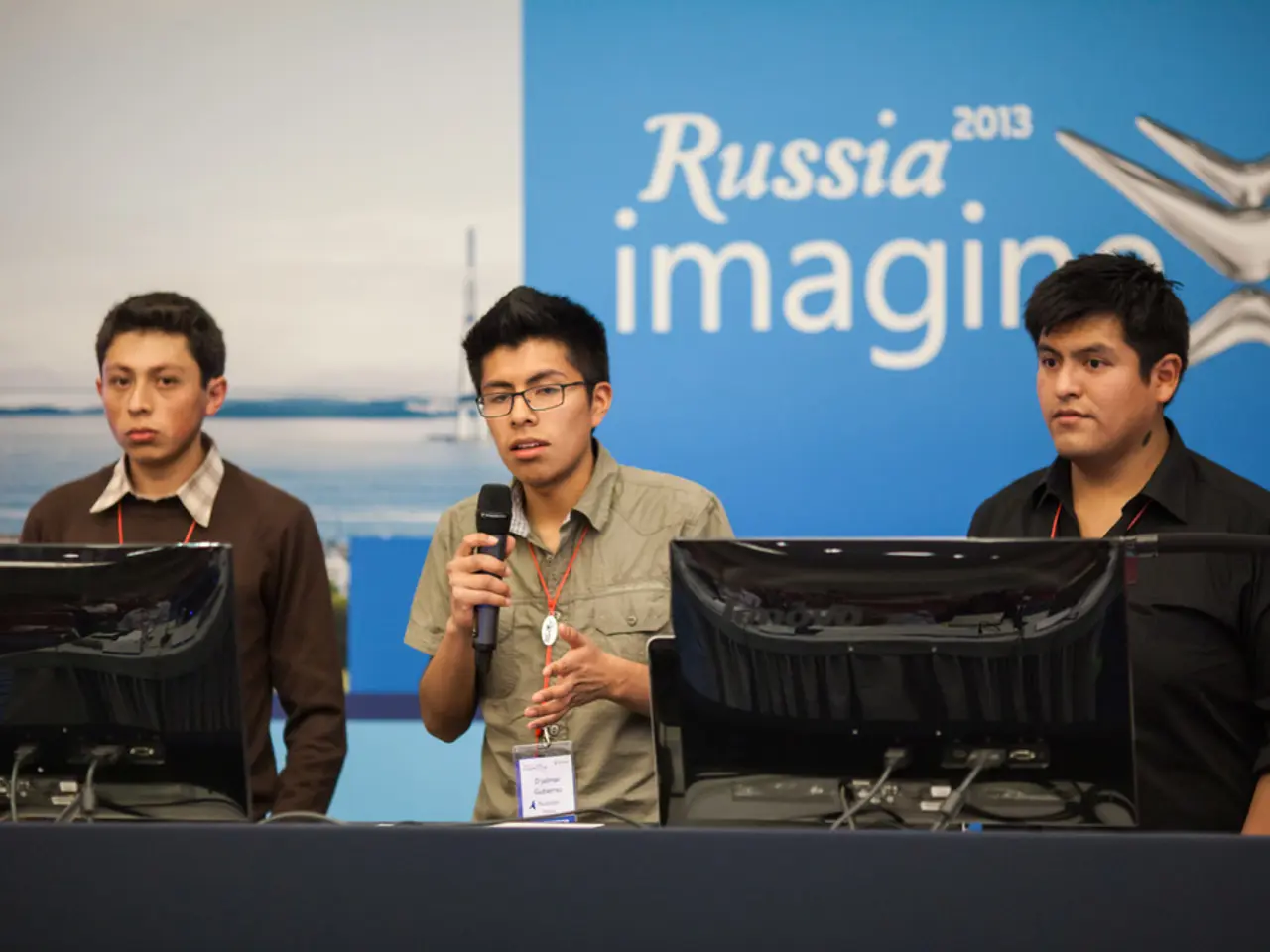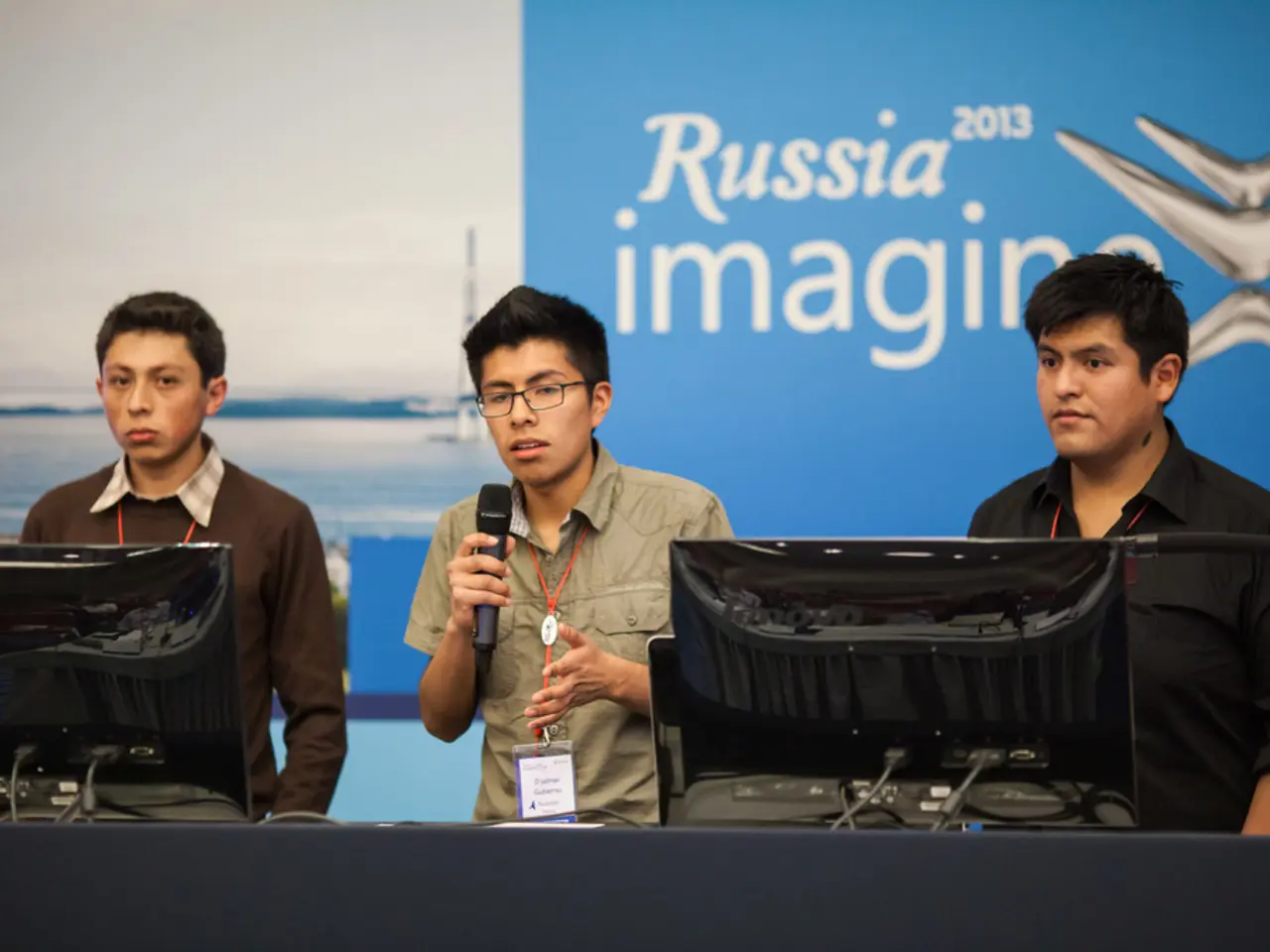Empowerment Journey of Trans Identity
In the modern world, the experiences and stories of transgender individuals are increasingly coming to the forefront of public discourse. However, the way these stories are told and portrayed can have a profound impact on how society perceives and treats transgender people.
Julia Serano, an author and activist, has been a vocal critic of the mystification of trans people, arguing that it emphasizes their artificiality and sidesteps the reality of their experiences. This mystification can lead to a lack of understanding and empathy, and it is crucial that we strive for authentic, nuanced representation that portrays transgender people as complex, multifaceted individuals rather than stereotypes or solely through the lens of medicalization or tragedy.
One area where this authentic representation is particularly important is in media. Transgender people's stories are often told by cisgender people, and the narrative often focuses on suffering, discrimination, and the political dimension of trans identity, rather than intimate issues like schooling or aging. To better appreciate the life experiences of transgender individuals without pathologizing, victimizing, or mystifying them, media should focus on showing transgender people in varied, everyday roles and stories that emphasize their achievements, relationships, and challenges without reducing them to identity politics or pathology.
Another key approach to responsible storytelling is consultation with trans voices. Engaging transgender people — especially trans journalists, creators, and community members — in the production and storytelling process ensures accuracy and respect. Organizations like the Trans Journalists Association provide resources and guidance on best practices for respectful reporting and depiction.
Avoiding simplistic victimization or mystification is also crucial. Transgender people should not be portrayed only as victims of trauma or as exotic “others.” Instead, they should be focused on their agency, complexity, and diverse experiences, recognizing societal challenges without reducing identity to hardship or mystery.
Contextual education rather than pathology is another important approach. Transgender identity should not be framed as a medical disorder or psychological condition, but rather normalized as a natural and healthy expression of human diversity. Providing context about societal structures and discrimination without exoticizing or medicalizing trans identities is essential.
Affirmative storytelling can foster acceptance and empathy in broader audiences. Studies show that exposure to LGBTQ+ characters integrated into normative storylines increases acceptance and empathy. Positive portrayals can uplift transgender people and contribute to reducing stigma.
Addressing underrepresentation in specific narratives is also essential. For example, media currently underrepresents transgender people living with HIV, a narrative missing from many major films and TV shows despite its importance within the community. Including such stories can combat misinformation and stigma.
Across Europe, transgender people are facing increasing insecurity. A survey by the European Union Agency for Fundamental Rights found that 14% of LGBTQIA+ people had been physically or sexually assaulted because of their gender identity or sexual orientation in the five years preceding the survey. Arnaud Alessandrin, a gender sociologist, suggests that giving a voice to trans people in the plural can help combat the narrow media narratives about transgender people and promote a better understanding of their subjectivity and multiplicity.
In conclusion, ongoing political activism and community-building complement improved media representation, but responsible storytelling that elevates authentic trans voices and resists stereotypes is critical to fostering societal appreciation without pathologizing, victimizing, or mystifying transgender individuals. Society has much to gain from including and understanding trans people, and it is essential that we strive for authentic representation in media and beyond.
In the realm of media, it's essential to prioritize authentic representation of transgender people, showcasing their lives through varied everyday roles and stories, rather than focusing solely on medicalization, politics, or tragedy. (lifestyle)
By incorporating trans voices in the storytelling process and resisting the temptation to mystify or victimize trans individuals, media outlets can greatly contribute to a society's understanding and appreciation of transgender people, fostering acceptance and promoting a more nuanced, empathetic perception. (politics, general-news)








